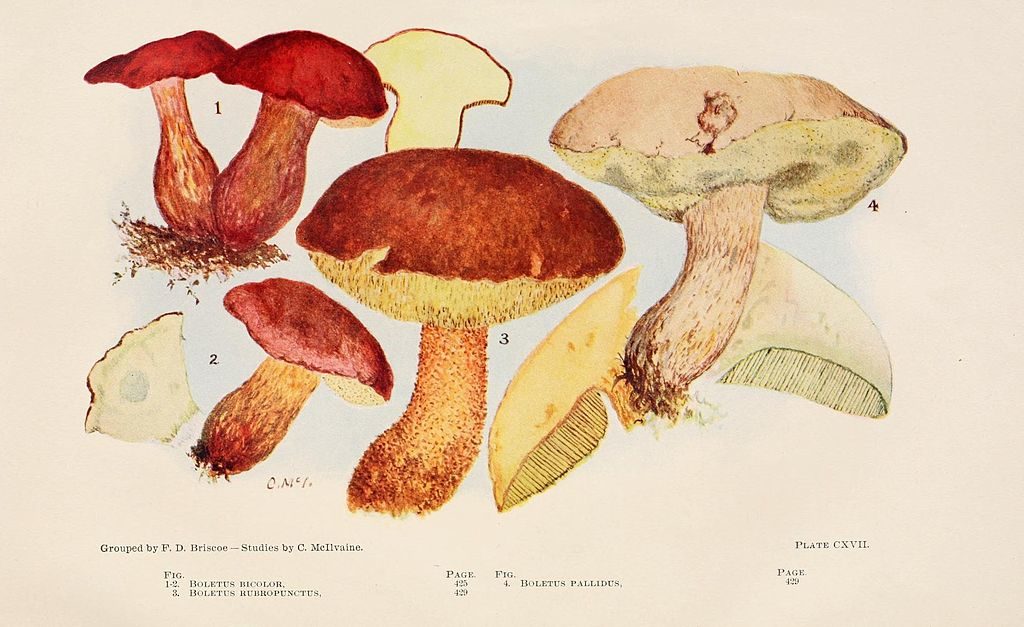New: CABI Working Papers
We’ve just launched CABI’s new Working Paper series, which will make available the results of CABI research in preliminary form for discussion and comment. The first two papers focus on the links between climate change and two of CABI’s key research areas: invasive alien species and agricultural commodities.
What was the outcome of the UN Climate Change conference in Cancún?
The UN Climate Change Conference (COP16) ended on Saturday, 11th December 2010 and during the second week of the conference, ministers from developed and developing countries were paired in an attempt to facilitate negotiations on the main issues, such as mitigation, adaptation, financing, REDD and technology. The outcome was the 'Cancún Agreements' as it is…
Medical tourism: what do we know?
Medical tourism is much-hyped by its proponents, with high figures for its value and patient numbers published in some industry reports. In 2007, Deloitte estimated American patient outflow at 750,000 and projected this to increase to 6,000,000 by 2010: in reality, the recession hit medical tourism numbers, which a more recent Deloitte report estimated at…
Not much fun being Roma
copyright: Adam Jones PhD It's always struck me as ironic that a number of Hollywood film stars are happy to be credited with being 1/4 (1/8, 1/16th…) Native American but its not so positive to be more full-blooded Native American, in terms of your social status, health or life opportunities in the US. And…
Copenhagen couldn’t, but can Cancún?
The climate change summit in Copenhagen last year was a disappointment for many. This is mainly because of the lack of a concrete document to take big steps towards reducing greenhouse gases (GHG) emissions and stopping climate change. Has the delegates’ experience on negotiations improved since then? Can the next meeting in Cancún deliver something…
NZ kiwifruits hit by bacterial canker
Biosecurity New Zealand announced on Saturday that samples of New Zealand pollen have tested positive for the bacterial kiwifruit disease, Pseudomonas syringae pv. actinidiae (Psa). Results indicate that Psa may have been present in New Zealand for a number of years. The confirmation of Psa in New Zealand comes as a huge blow to the…
Can London 2012 be a winner for tourism?
One of the world's largest travel trade shows, the World Travel Market, is currently underway in London. This year there has been a greater emphasis on sport tourism, with an exhibitor area devoted to this tourism niche, and a debate on Monday entitled 'Sports Tourism: It's a Tough Game – but Some Win', chaired…
Mushrooms, delicious or deadly?
Yunnan sudden death syndrome occurs in remote mountainous villages of the Yunnan province of China in the rainy season, at an altitude of 1800-2400 m: people just drop dead from heart failure. You might think its linked to the season…some waterborne or insect-carried disease, or maybe the altitude & a genetic quirk, but it turns…
Health inequality, health disparity, health equity: what’s the difference?
Well if you are at the bottom of the social heap, striving to find enough money to put food on the table and keep a roof over your head…not much. But if you want to understand how a government or a researcher or development worker thinks and works to improve your lot (& public health…




Do current e-book models help or hinder the migration from print to online?
December 7, 2010
Guest Author
No Comments